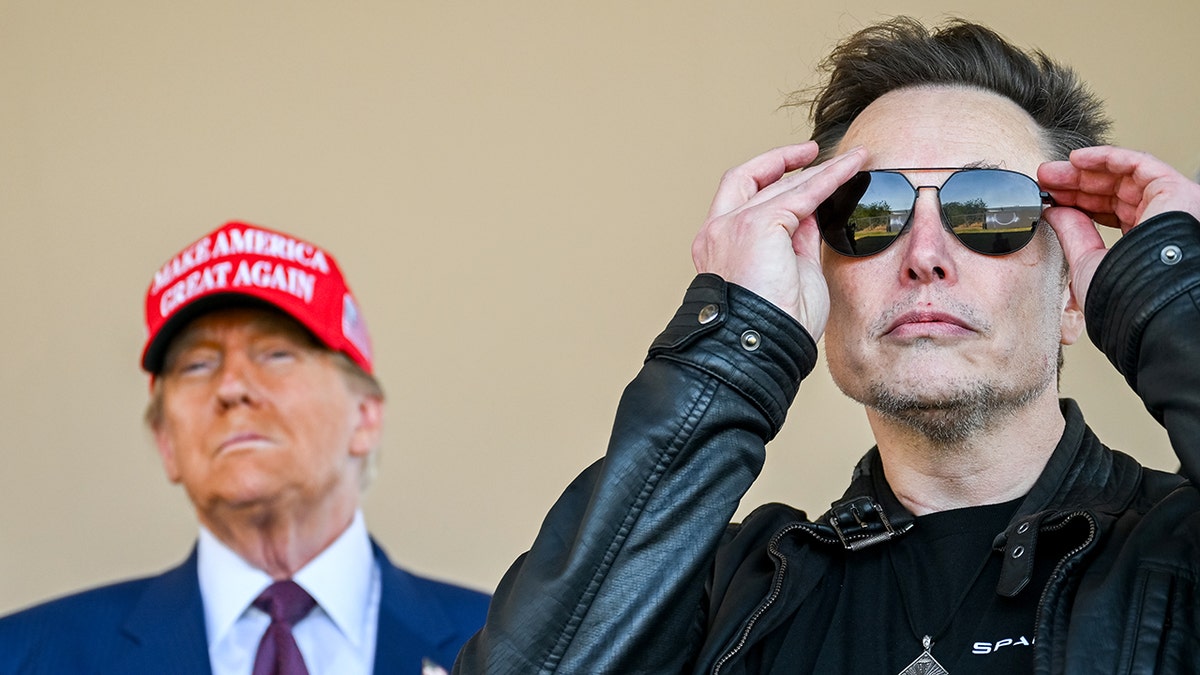In a dramatic move that has sent ripples through America’s political establishment, tech tycoon Elon Musk has launched a new political outfit—the American Party—vowing to “give you back your freedom.” It came just a day after he polled his followers on X about forming a new party, suggesting the move was impulsive but not uncalculated. Behind this announcement lies a personal falling out with Donald Trump and a deeper disillusionment with the political status quo.
Once one of Trump’s biggest donors, Musk has now turned sharply against the former president, accusing him of fiscal recklessness. His trigger? Trump’s endorsement of a Republican-led “big, beautiful” tax bill that, according to Musk, would push the already unsustainable deficit toward a catastrophic $2.5 trillion. “This will bankrupt the country,” he posted bluntly. The bromance, it appears, is truly over.
Musk’s political pivot isn’t merely driven by ideology—it’s also economic. Trump, retaliating against Musk’s criticism, reportedly threatened to cut off the billions in federal subsidies that Tesla, SpaceX, and other Musk ventures benefit from. That threat was perhaps the final nail in a strained relationship.
So, what does this mean for the broader American political system? Could Musk’s American Party genuinely challenge the Republican-Democrat duopoly? Or is it just another vanity project by a billionaire with a social media megaphone?
To understand the gravity of Musk’s challenge, one must appreciate the sheer resilience of America’s two-party system. Since the 1850s, U.S. politics has been dominated by Republicans and Democrats. While minor parties have occasionally made noise, they have rarely made a dent. Not since the 1912 election—when Theodore Roosevelt, running as a Progressive, garnered 27% of the popular vote—has a third-party candidate won a significant number of electoral votes.
Ross Perot, the billionaire businessman who ran as an Independent in 1992, won 19% of the popular vote but secured zero electoral votes. Why? Because of the winner-takes-all Electoral College system, ballot access hurdles, and an iron grip on debate stages enforced by the Commission on Presidential Debates, an entity jointly created by the two major parties.

Even getting on the ballot in all 50 states is an expensive, legalistic nightmare for third-party candidates. Add to that the entrenched donor networks, media echo chambers, and partisan voter loyalties, and you begin to understand why the U.S. political system is often described as a “duopoly.”
Musk brings something different to the table. He commands a cult following, boasts unmatched financial firepower, and owns one of the largest social media platforms in the world. He doesn’t need traditional media or party machinery to get his message across. That’s a formidable starting point.
However, populist buzz and internet virality aren’t substitutes for ground-level party organization, policy depth, or political coalition-building. Americans frustrated with the system have flirted with outsider candidates before—Perot, Ralph Nader, even Andrew Yang’s Forward Party—but enthusiasm rarely survives the grind of America’s state-by-state primary system and the Electoral College.
Moreover, Musk is a polarizing figure. His libertarian streak appeals to some conservatives, while his social media antics and anti-woke rhetoric alienate many on the left. His stand against Trump may win moderate Republicans or independents, but it could also backfire if perceived as ego-driven revenge rather than genuine reform.

The bigger question is: are Americans ready to abandon the safety blanket of two-party politics?
While public trust in both parties is historically low, voters tend to default to the “lesser evil” during elections. The fear of “wasting a vote” remains a powerful deterrent. Unless Musk can rally a coalition strong enough to win outright—or at least act as a spoiler in battleground states—his new party may struggle to translate online enthusiasm into real electoral muscle.
Still, Musk’s entry could unsettle the 2026 midterms and even the 2028 presidential race. If he siphons votes from Republicans, Trump and his loyal base may find themselves weakened. Conversely, if Musk targets centrist Democrats, Biden or his successor could feel the heat. The very act of disrupting binary choices—even without winning—is not inconsequential. It could push the existing parties to re-examine their policy priorities and voter outreach.
Musk has framed his mission as a crusade against what he calls the “Uniparty”—the perception that both Republicans and Democrats are merely two faces of the same bloated, corrupt political machine. That narrative has traction among independents, libertarians, and younger voters disillusioned by partisan gridlock, lobbying, and endless deficit spending.
His cryptic tweet invoking Epaminondas and the Battle of Leuctra—a turning point in ancient Greece where a smaller force shattered Spartan dominance—suggests that Musk sees his role as a strategic disruptor, not just a competitor. A well-funded, tech-savvy, idea-driven insurgency might not overthrow the system, but it could break the illusion of inevitability surrounding it.
Can Musk truly break America’s two-party dominance? Probably not in one election cycle. But can he fracture the system enough to force a reconfiguration? Possibly.
It depends not only on Musk’s money and media clout, but also on whether he can build a durable political infrastructure, field credible candidates, and convince voters that the American Party isn’t just another billionaire’s side project.
History shows that third-party efforts rarely win, but they can change the game. If Musk plays his cards right, he may not need to win the White House to succeed. Simply forcing reform, injecting new ideas, and exposing the limitations of the current system could be legacy enough.
After all, the most dangerous man in politics is not the one who seeks power, but the one who has power and dares to upend the rules.




